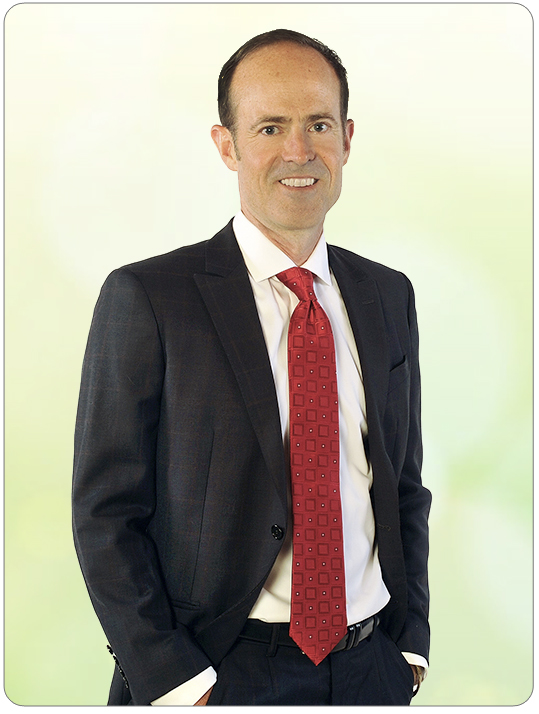
The ColoHealth Health & Wealth Newsletter
September 2022
Vol. 12, Issue 16
Understanding the New Ban on Surprise Medical Billing
FINALLY. The federal government has banned the obnoxious practice of surprise medical billing.
That means that insured patients should no longer get unexpected doctor bills in the mail when you thought your medical care should have been covered by your health plan.
How could that happen? Easy. Here’s how things went down for thousands of patients every day prior to the surprise billing ban:
Surprise, surprise.
Suppose you have insurance. The hospital is in your HMO network. So you aren’t too worried about the money at this point.
You get discharged from the hospital. A few weeks later, you get an envelope in the mail that makes your blood pressure and heart rate go back up again: A bill for $5,000.
That’s way over your deductible. But you find out that your insurance isn’t paying it. So you get billed for the difference – a practice called balance billing.
How do “surprise medical bills” happen?
So how did this happen? Well, it’s very common, actually. Hospitals are separate entities from doctors. Doctors often work at multiple hospitals. They also provide services to many of the same patients in their offices. So unless they are direct employees, doctors routinely bill for their services separately from hospitals and clinics.
In this case, the hospital was in-network. But the doctor and anesthetist who performed the surgery were from out of network. Doctors often bill separately from health care facilities. And so you got a bill you weren’t expecting.
Being sick or hurt or having a family member in that condition is stressful enough. It’s even more stressful when you get a surprise bill in the mail or a call from a collector – telling you that even though you had insurance, you owe hundreds or thousands of dollars more than you thought!
But this has been a big problem for years: Individuals with health insurance received care from out-of-network providers – sometimes unwittingly.
In other cases, uninsured patients have received care without ever having the true cost of care fully disclosed to them.
Effective as of January 1st, 2022, a recent law called the No Surprises Act protects patients covered under group and individual health plans from being blindsided by surprise medical bills. These surprise bills covered under the Act include:
- Charges for emergency medical care from out-of-network providers or facilities without prior authorization
- Out-of-network copays and co-insurance charges for all emergency treatment, as well as some selected not-emergency services.
- Out-of-network charges or balance bills for things like anesthesiologist or radiology services from out-of-network providers working in your in-network hospital or other facility.
The new law also restricts surprise billing from out-of-network air ambulance providers.
As of January 1st, 2022, you should not be responsible for charges on balance bills or out-of-network cost co-insurance or co-pays for emergency care. The same applies for charges from out-of-network care providers at certain in-network hospitals or clinics, and charges from out of network air ambulance services.
If you get a balance bill for any of these services, you will generally only be required to pay the normal costs you would incur if all providers had been in-network. Your health care plan and your providers will work out any differences in a separate process that does involve you as the patient.
Uninsured Patients Have a Right to a Good Faith Estimate
The No Surprises Act also provides protection for those who don’t have health insurance. Under the law, you are entitled to receive a “good faith” estimate of charges prior to receiving care. If you later get a bill that is at least $400 above the good faith estimate, you may be able to dispute the charges through the patient-provider dispute resolution process.
You have 120 calendar days from the receipt of the surprise medical bill to file a dispute.
The process uses an independent third-party arbitrator who compares the good-faith estimate with the final bill, takes into account all relevant information from both parties, and helps arrive at a fair solution.
I’m in a health sharing plan. How does that work?
The Department of Health regards members of health sharing ministries as uninsured for the purposes of the No Surprises Act. This is also true for those in short-term, limited-duration health care plans.
So before getting care, you should get a good faith estimate of your charges, if possible, before you or your family member receives care.
Generally, your ordinary and necessary medical bills are eligible for sharing. But health sharing ministry members sometimes receive an additional balance bill in the mail, after they have submitted expenses to their health sharing plan for sharing.
So before getting care, you should get a good faith estimate of your charges, if possible, before you or your family member receives care.
Be sure to ask for any self-pay discounts that apply. Providers often provide lower pricing for patients paying out-of-pocket. Your fellow health share members gladly share medical bills with other contributing members. But they generally expect other members to secure the best available pricing, including discounts for self-pay.
Your health sharing ministry may provide a self-pay advocacy service to help you deal with surprise medical bills. Consult your health sharing plan documents for details.
What to Do Now
Dealing with medical bills is stressful enough. At HSA for America, we strive to make things a lot easier.
In this case, don’t simply pay all medical bills you receive, without first taking the time to review it. If you’re not sure if it is legit, call your insurance company or health sharing organization, and see what they think.
To Your Health and Wealth,

Wiley P. Long III
President- ColoHealth
The ColoHealth Health & Wealth Newsletter is published monthly and emailed to subscribers at no charge. Subscribe now to stay on top of the critical information you need to know about health insurance, healthshare plans and managing your finances to achieve financial security.
© 2021 | Legal Information


